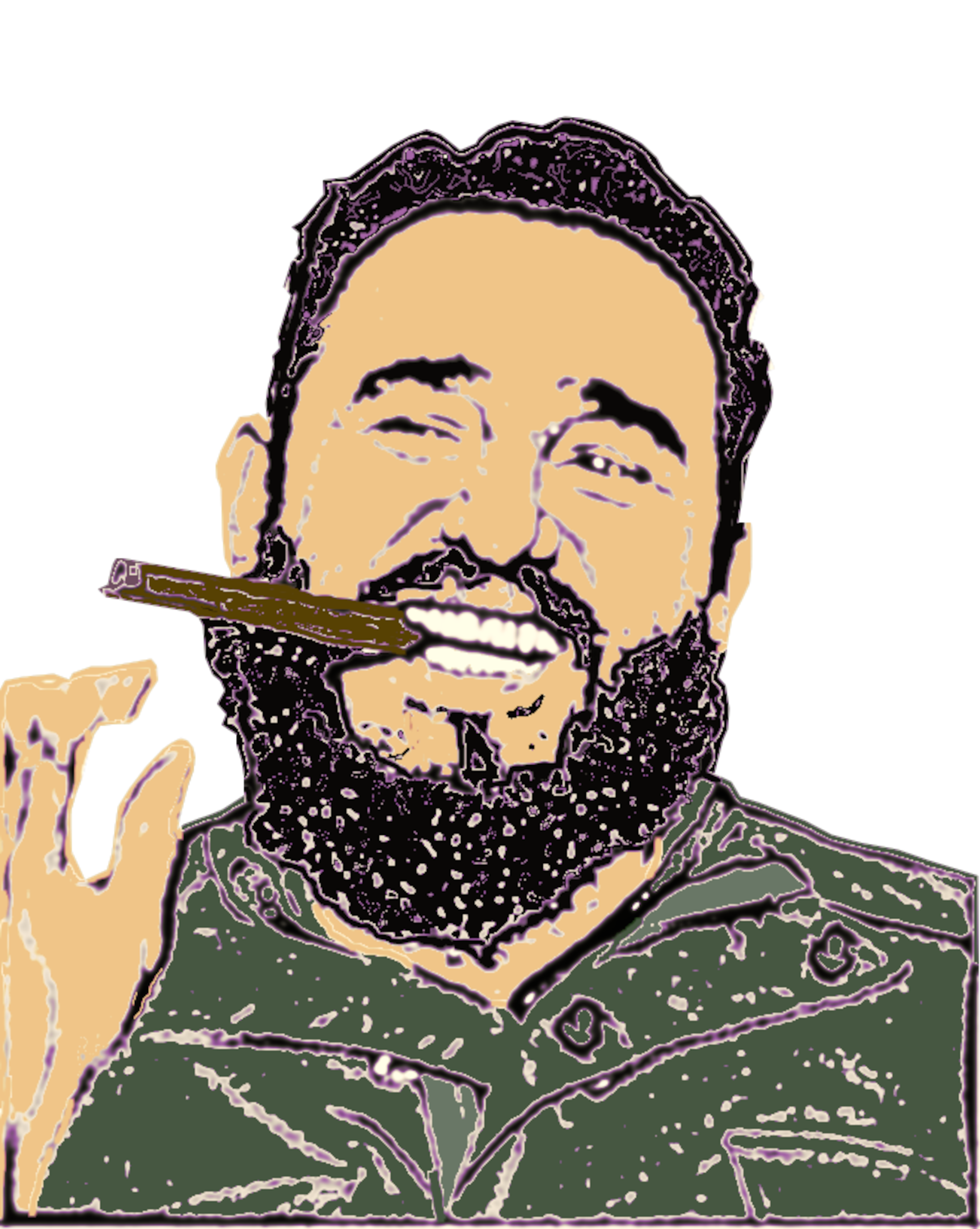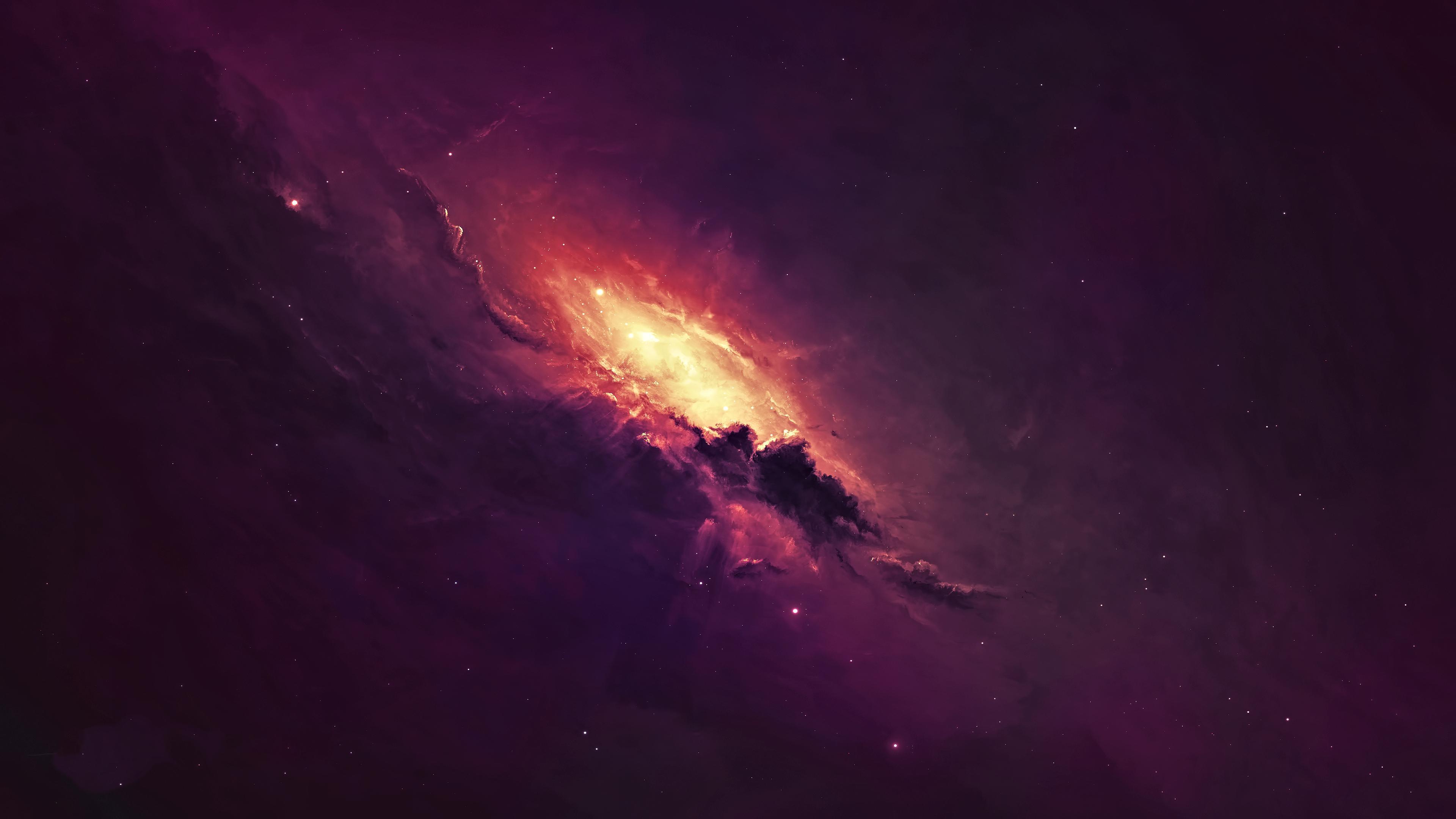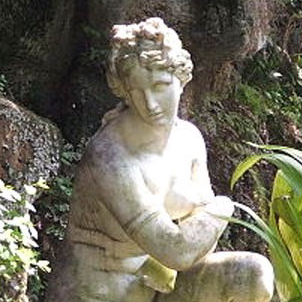The oppressed are allowed once every few years to decide which particular representatives of the oppressing class are to represent and repress them.
Karl Marx
What Marx says that the government represents the ruling class, and under capitalism it's the capitalist minority.
Obviously true, but I initially read it as the shitpost title "Neither Mario Party in the US [etc]"
Turns out that making a fake country on forcibly depopulated land means its political parties will be equally as fake.
Eh. That's not really related to the current problem of lack of political representation for non-capitalists. A communist utopia that was built on depopulated land would't really have any issues being a utopia for the existing people just because they genocided some folks 200 years ago.
This is to ignore the entire political culture of the United States and it's history, and how this history is viewed by its contemporaries, and how this view of history influences the present and future. Remember, who controls the past controls the future: who controls the present controls the past!
Any hypothetical "communist utopia built on depopulated land" would have to have, at some point, contended with the history of how that land became depopulated in the first place, and the accompanying ideology of colonialism, expansionism and capital accumulation which enabled that, in order to become a "communist utopia". Otherwise, failing to contend with that history, it would not be a "communist utopia", and the ideological descendants of those who carried out the original genocide, depopulation of land, and capital accumulation would still be in charge, most likely trying to expand their empire and methods of subjugation globally. Oh wait, that's exactly what's going on in the USA right now! I'll just quote an excerpt from Samir Amin's Revolution From North To South to illustrate the point further:
The political culture of the United States is not the same as the one that took form in France beginning with the Enlightenment and, above all, the Revolution. The heritage of those two signal events has, to various extents, marked the history of a large part of the European continent. U.S. political culture has quite different characteristics. The particular form of Protestantism established in New England served to legitimize the new U.S. society and its conquest of the continent in terms drawn from the Bible. The genocide of the Native Americans is a natural part of the new chosen people’s divine mission. Subsequently, the United States extended to the entire world the project of realizing the work that “God” had ordered it to accomplish. The people of the United States live as the “chosen people.”
Of course, the American ideology is not the cause of U.S. imperialist expansion. The latter follows the logic of capital accumulation and serves the interests of capital (which are quite material). But this ideology is perfectly suited to this process. It confuses the issue. The “American Revolution” was only a war of independence without social import. In their revolt against the English monarchy, the American colonists in no way wanted to transform economic and social relations, but simply no longer wanted to share the profits from those relations with the ruling class of the mother country. Their main objective was above all westward expansion. Maintaining slavery was also, in this context, unquestioned. Many of the revolution’s major leaders were slave owners, and their prejudices in this area were unshakeable...
The specific combination of factors in the historical formation of U.S. society—dominant “biblical” religious ideology and absence of a workers’ party—has resulted in government by a de facto single party, the party of capital.
the ideological descendants of those who carried out the original genocide, depopulation of land, and capital accumulation would still be in charge
Disagree. After a revolution where full communism was implemented after a purge, why would the same wealthy families of the US be in charge? And if they were "in-charge" how could you call what they implemented a "communist utopia?"
I don't want to get into the specific of what "true" communism is. But my assertion is that history has momentum, and multi-generational influence, but it isn't absolute and revolution can certainly remove those influences and stop that momentum. Otherwise you may as well just give up and say that humanity is doomed because we are all descended from a bunch of murders/settlers/etc.
Disagree. After a revolution where full communism was implemented after a purge, why would the same wealthy families of the US be in charge? And if they were "in-charge" how could you call what they implemented a "communist utopia?"
Thats my point. That in order to advance, to achieve a revolutionary advance, to remove/purge those wealthy capitalists from power, you have to deal with the history of the formation of the United States at some point. There is no other way, you cannot get to the point of a revolution without addressing that history, as that ideology and history is perfectly suited to the process of capital expansion. You are absolutely right in that the revolution and it's forces would have to remove those historical influences and stop their momentum. That is the way forward. No one is doomed to the past of their ancestors, as long as they are prepared to move forward and support the creation of an equitable world for all.
Thanks for your Point of View. I'm not sure I agree nor understand what it means to "deal with the history of the United States," in a leftist social or political movement but it's probably that my interpretation of what you are saying isn't meshing with your meaning.
We live in a capitalist society, but the colonialist roots of that society aren't the issue.
They literally are though, the tools and processes of capitalist extraction and subjugation currently used both inside the US and out are finely honed versions of those that enabled colonial extraction and subjugation.
The specific combination of factors in the historical formation of U.S. society—dominant “biblical” religious ideology and absence of a workers’ party—has resulted in government by a de facto single party, the party of capital. The two segments that make up this single party share the same fundamental liberalism. Both focus their attention solely on the minority who “participate” in the truncated and powerless democratic life on offer. Each has its supporters in the middle classes, since the working classes seldom vote, and has adapted its language to them. Each encapsulates a conglomerate of segmentary capitalist interests (the “lobbies”) and supporters from various “communities.”
American democracy is today the advanced model of what I call “low-intensity democracy.” It operates on the basis of a complete separation between the management of political life, grounded on the practice of electoral democracy, and the management of economic life, governed by the laws of capital accumulation. Moreover, this separation is not questioned in any substantial way, but is, rather, part of what is called the general consensus. Yet that separation eliminates all the creative potential found in political democracy. It emasculates the representative institutions (parliaments and others), which are made powerless in the face of the “market” whose dictates must be accepted.
Marx thought that the construction of a “pure” capitalism in the United States, without any pre-capitalist antecedent, was an advantage for the socialist struggle. I think, on the contrary, that the devastating effects of this “pure” capitalism are the most serious obstacles imaginable.
"The US is also a one-party state, but in typical American extravagance they have two of them"
-Julius Nyerere, first president of Tanzania










